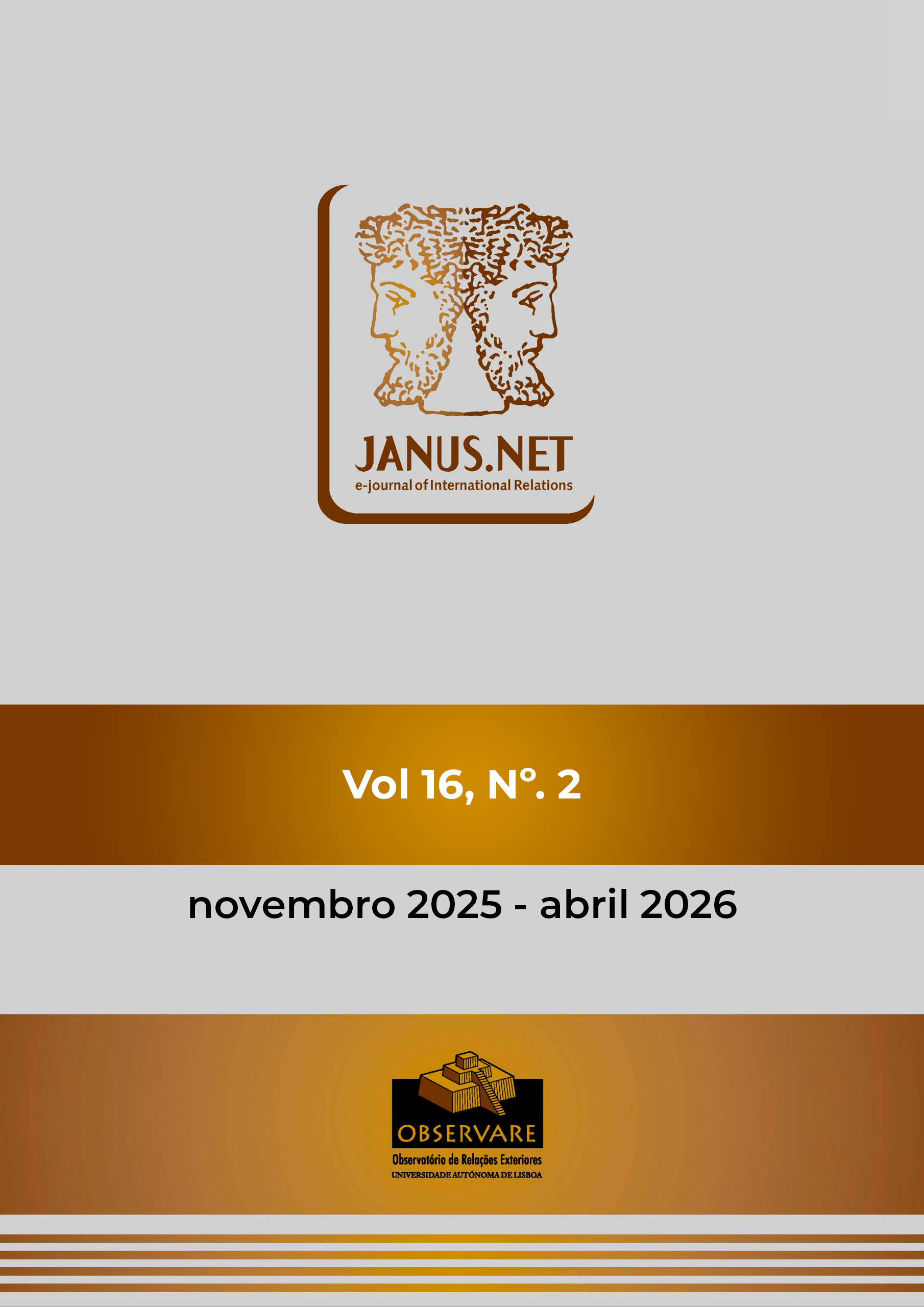RUSSIA'S TURN TO THE EAST: ANALYSING THE DRIVERS OF MOSCOW'S FOREIGN POLICY TOWARDS THE ASIA-PACIFIC REGION SINCE 1991
DOI:
https://doi.org/10.26619/1647-7251.16.2.10Keywords:
Russian Federation, Foreign Policy, Asia-Pacific, International RelationsAbstract
Since the end of the Cold War and the consequent dissolution of the Soviet Union in 1991, Russia has made the recovery of a relevant status in the international system one of the main objectives of its foreign policy. To achieve this aim, it is of great interest for Moscow to play an important role in the world’s fastest growing region in recent decades: the Asia-Pacific region. Although the Kremlin’s involvement has been more visible in other areas such as the post-Soviet space or Europe, a gradual process of reorientation of Russian foreign policy towards its Eastern neighbourhood has begun since the beginning of the 21st century. Hence, this article presents the results of a mixed method research design related to the main internal and systemic factors that have turned Asia-Pacific region into a priority area for the Russian Federation since its independence in 1991.


